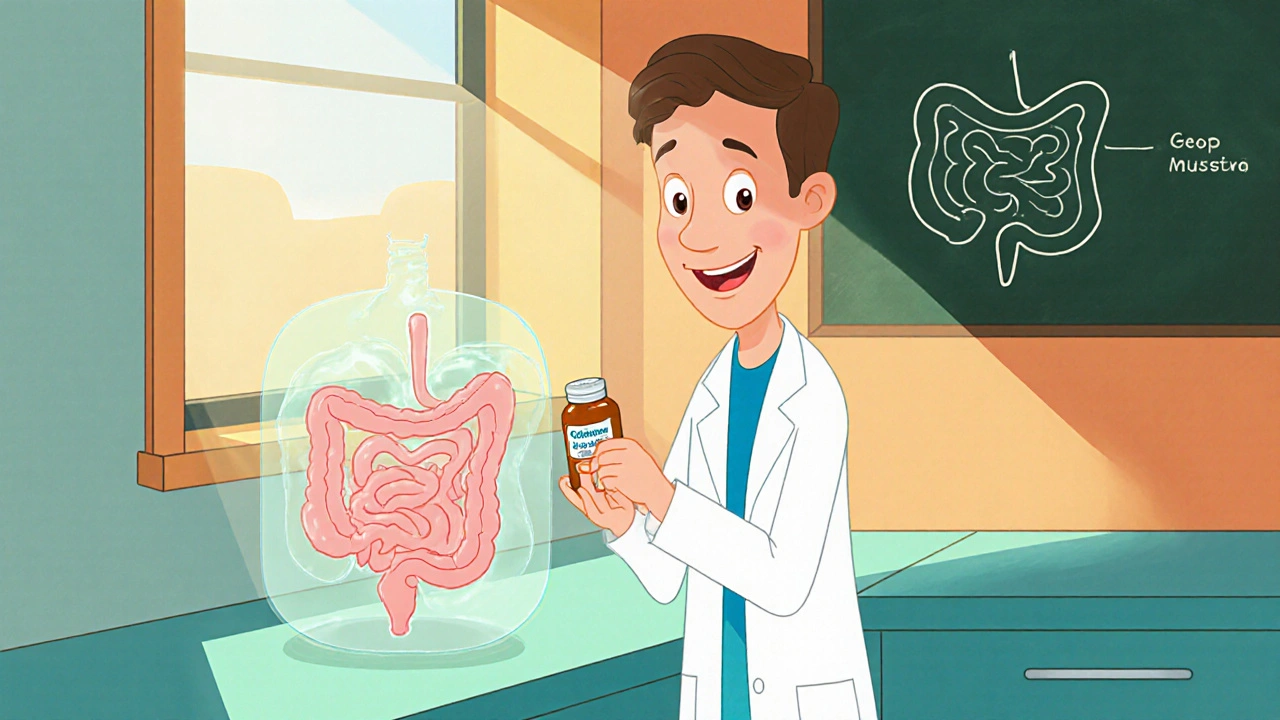Mucolytic Drugs: What They Are, How They Work, and Which Ones Actually Help
When your chest feels stuffed with sticky mucus and coughing doesn’t help, a mucolytic, a type of medication designed to break down thick mucus in the airways. Also known as mucus-thinning agents, it works by changing the structure of mucus so it’s less sticky and easier to clear. Unlike expectorants that just increase mucus production, mucolytics actually break the chemical bonds holding mucus together—making them more effective for chronic conditions like COPD, bronchitis, or cystic fibrosis.
One of the most common mucolytics is bromhexine, a synthetic compound that reduces mucus viscosity by breaking down polysaccharide chains. Also known as bromhexine hydrochloride, it’s often used in long-term respiratory care because it’s gentle on the stomach and doesn’t cause drowsiness. But it’s not the only option. Other mucolytics like ambroxol, acetylcysteine, and carbocisteine work in similar ways but have different strengths. Ambroxol, for example, also has anti-inflammatory effects, while acetylcysteine is often used in hospitals for severe mucus buildup or acetaminophen overdose. The key difference? Some work better for dry coughs, others for thick, green phlegm. And not all are available over the counter—some need a prescription, especially in higher doses.
What you won’t find in most drugstores is how these drugs interact with other treatments. For instance, if you’re using a bronchodilator like levosalbutamol to open your airways, a mucolytic can make it work better by clearing the gunk blocking the path. But if you’re on blood thinners or antibiotics like rifampin, some mucolytics might change how your body processes them. That’s why knowing your full medication list matters. It’s not just about picking the right cough medicine—it’s about picking the right one for your body and your other treatments.
People often assume all cough syrups are the same. But if you’ve been dealing with chronic mucus for months, you’ve probably tried the usual stuff—and it didn’t help. That’s when understanding the science behind mucolytics makes a real difference. You don’t need to guess. You just need to know what’s actually breaking down the mucus, not just masking it.
The posts below dive into exactly that: how bromhexine compares to other mucus-thinning drugs, what real patients report, and which options are backed by clinical evidence. You’ll find direct comparisons, side effect breakdowns, and practical advice on when to use each one. No fluff. Just what works—and what doesn’t.






